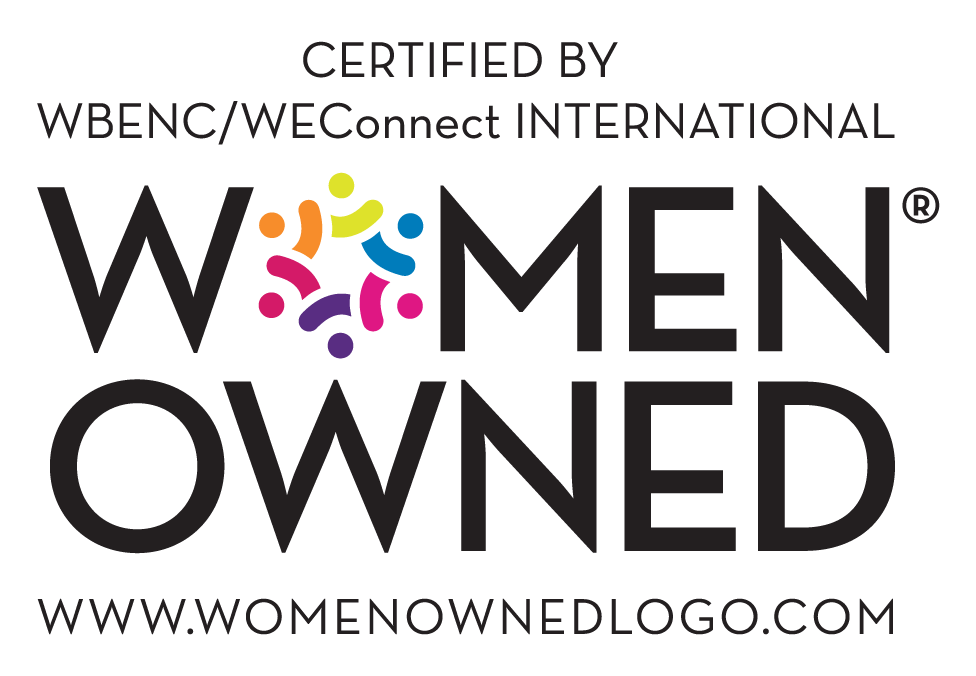Shortly after Donald J. Trump was elected president, a friend of mine came up with a term to describe what she was seeing in Congress — legislative looting. According to my friend, in the immediate aftermath of the 2016 election many in our nation were suffering from whiplash. We were so focused on the seemingly daily erratic behavior of our newly-elected president that we failed to notice the significant laws that were being passed, with almost no coverage by the media or commentary by the public at large. In almost every instance, these laws inured to the benefit of businesses: either by rolling back regulations that were designed to act as hand brakes to the seemingly inevitable excess of corporate profit taking or by providing additional benefits to these already powerful entities.

I think my friend is right — to an extent — except I believe that the Congressional complicity pre-dated the current administration. For instance, during the 2008 Recession, Congress, citing the Too Big to Fail mantra, passed what was at the time the largest federally funded bailout of corporations ever.
In the wake of the recent pandemic, the stimulus bills that have been passed — with bipartisan support — have included significant funding for large, publicly traded corporations. In the meantime, as I write this, these same legislators are unable to provide the necessary benefits that would keep millions of Americans from slipping into poverty.
So, what does all of this have to do with human rights?
Everything.
The International Bill of Human Rights* (PDF), is a powerful marker of human rights around the world — requiring signatory countries to protect its citizens economic well-being. It includes aspirational language that provides for basic, universal human dignity. In addition, there are other documents in International human rights law that amplify these goals. For instance, there is language in various norms and treaties that discuss the right to development, the right to education, and the right to health. The United States has signed none of those treaties.
To be clear, the passage of these treaties by other countries has spanned multiple U.S. administrations — both Democratic and Republican — and has been met with resistance by both. While the topics of these treaties are varied they share one primary trait.
They focus on the inherent dignity of human life.
Unfortunately, it seems to me that, these days we have spent so much time focusing on the corporation that we have lost sight of the lifeblood at its heart. Its workers. Its customers. Its community.
Again, to be clear, there are several businesses out there that do good and do well at the same time. But, given the primary profit motive of the corporation (that I discussed here), it is not only rational, it’s just good business to take advantage of any legislative and regulatory assistance made available.
As a result, it seems to me that if we’re going to let a corporation be a corporation then we need to make sure that the government of the people is for the people. That they reflect the interest of humans (as opposed to the legal persons that are just corporations in disguise). And, while it’s tricky to represent the interests of the hundreds of millions of individuals that make up our country (instead of the thousands of corporations that may make up a lobbying group), that’s the gig your representatives signed up for. That’s the oath that they took.
We should take every election as an opportunity to remind them of that.
*The International Bill of Human Rights consists of the Universal Declaration of Human Rights, the International Covenant on Economic, Social and Cultural Rights, and the International Covenant on Civil and Political Rights and its two Optional Protocols.
Jena Martin, J.D., LLM, Law Professor at West Virginia University, is the co-editor of When Business Harms Human Rights: Affected communities that are dying to be heard with Karen Bravo and Tara Van Ho. She has expertise in business and human rights and served as senior counsel at the U.S. Securities and Exchange Commission where she honed her skills that enable her to advise corporations regarding the impact of their internal decisions on external stakeholders. Martin is a Standpoint Consulting Affiliated Consultant.



